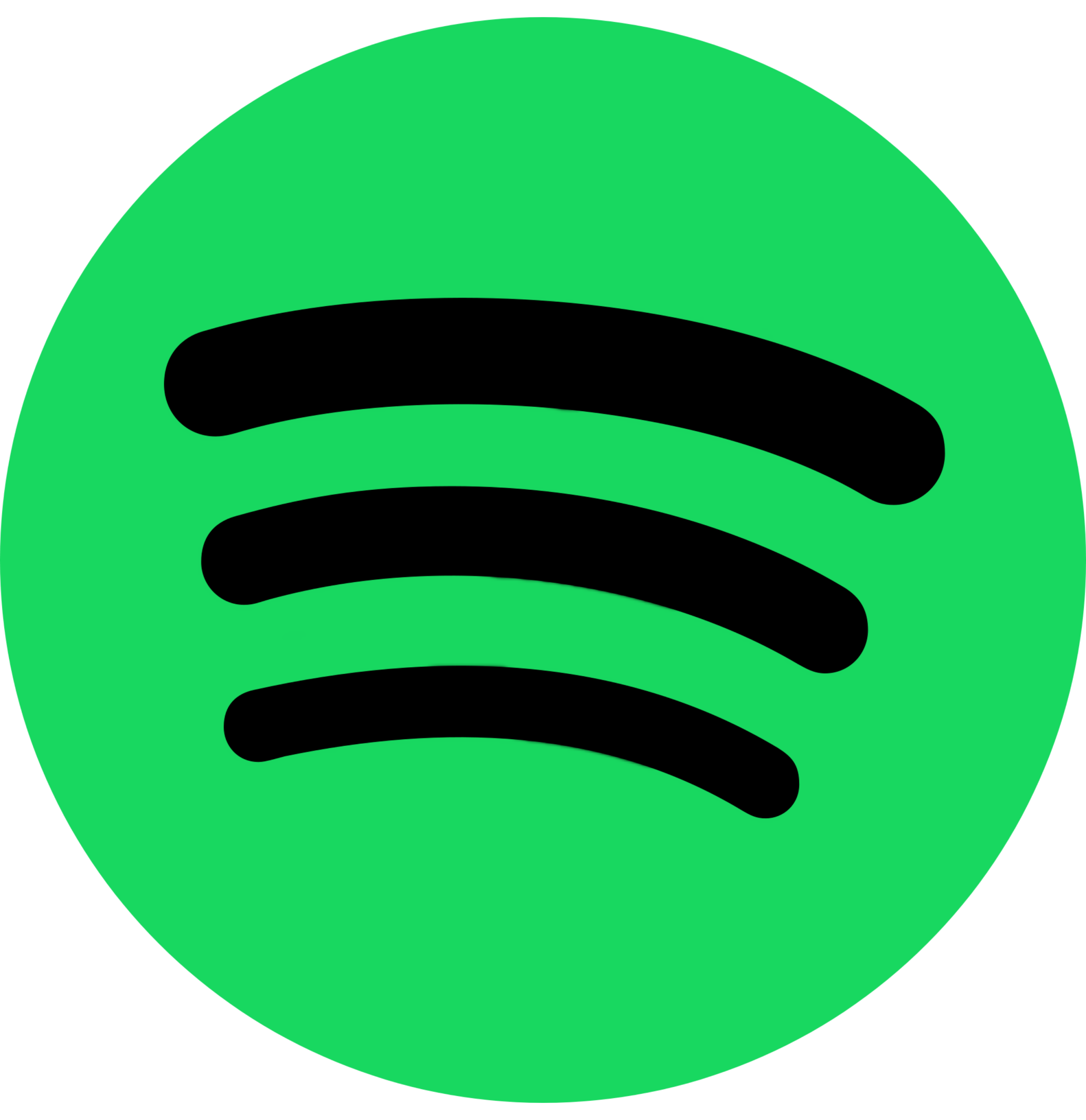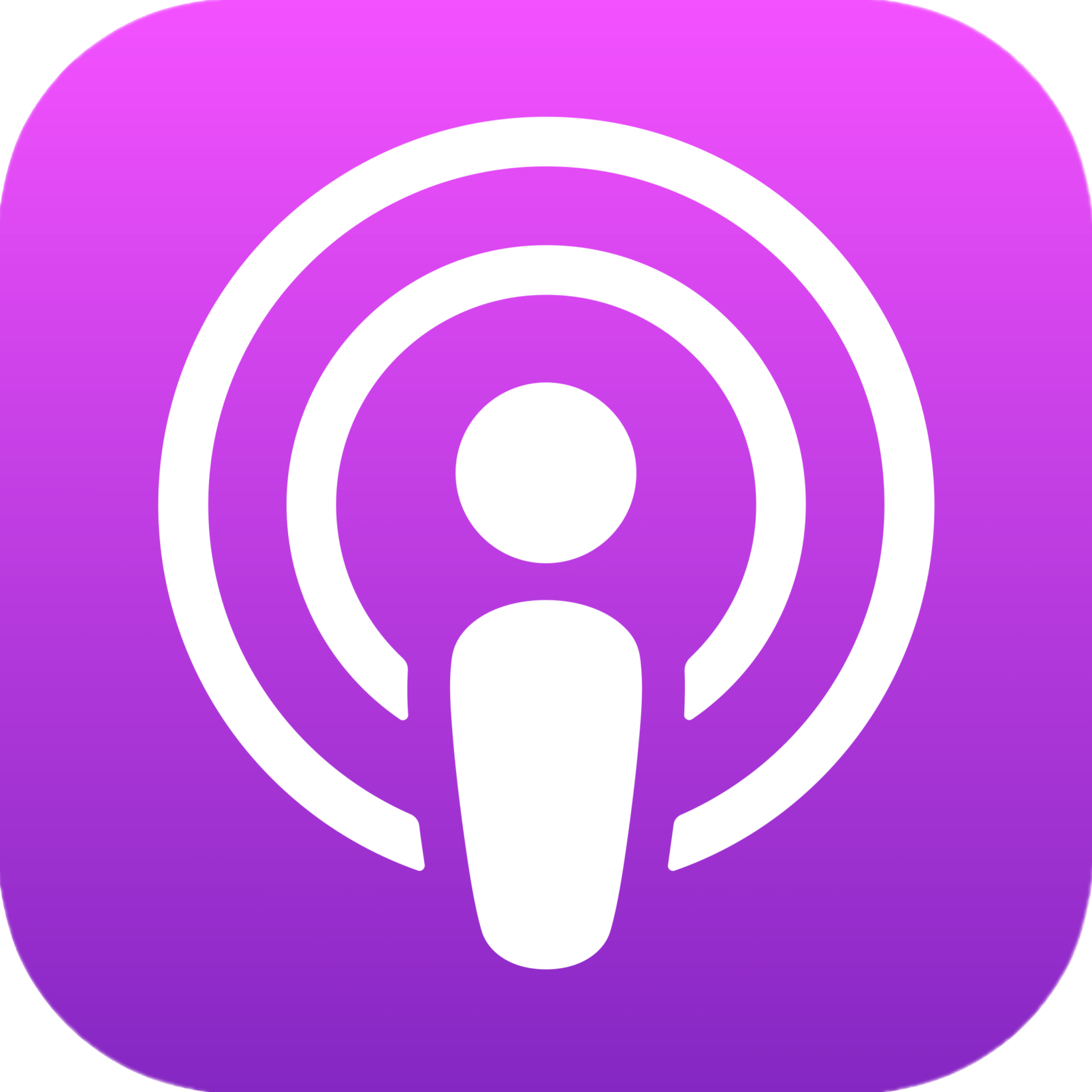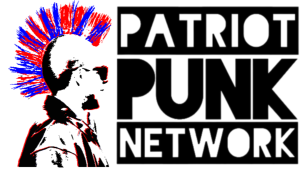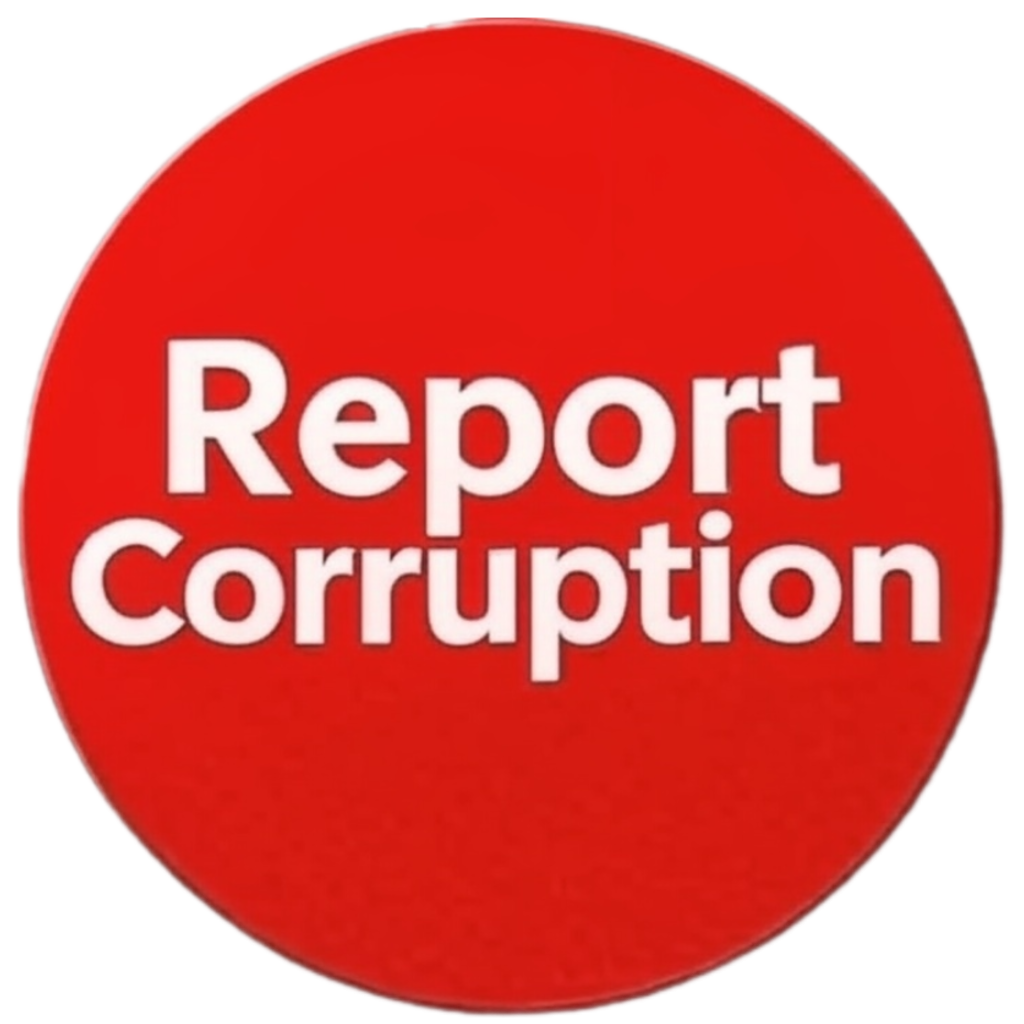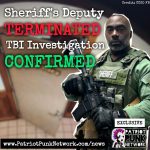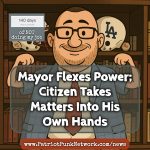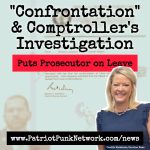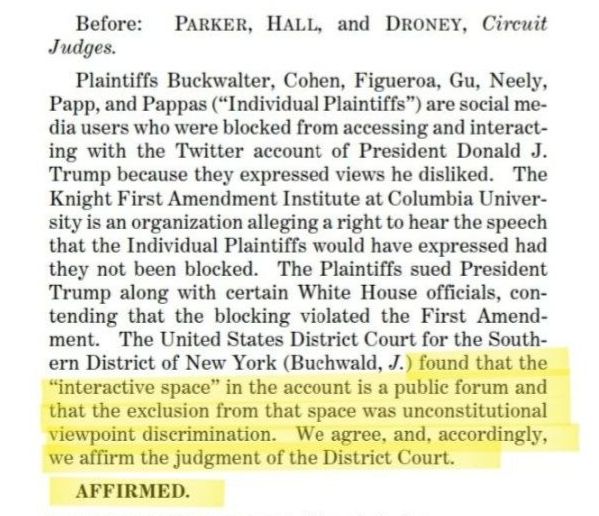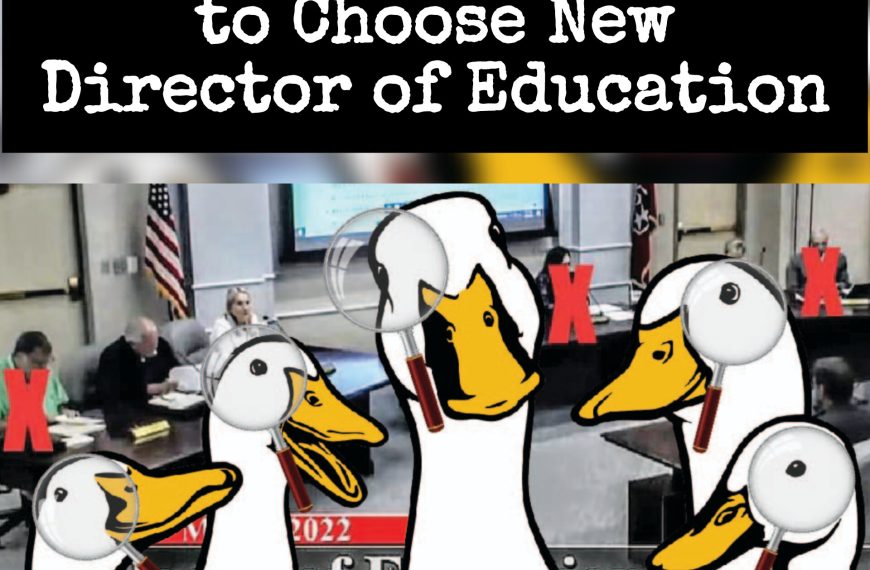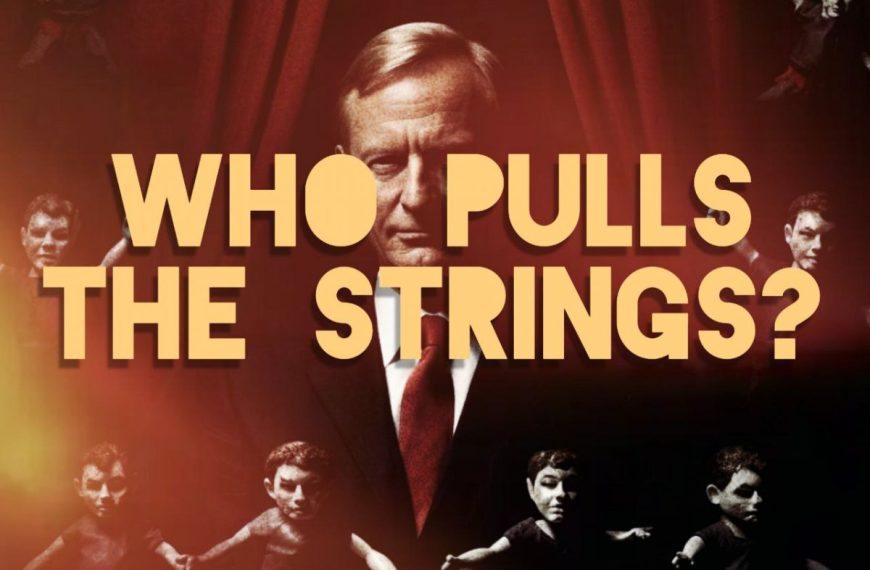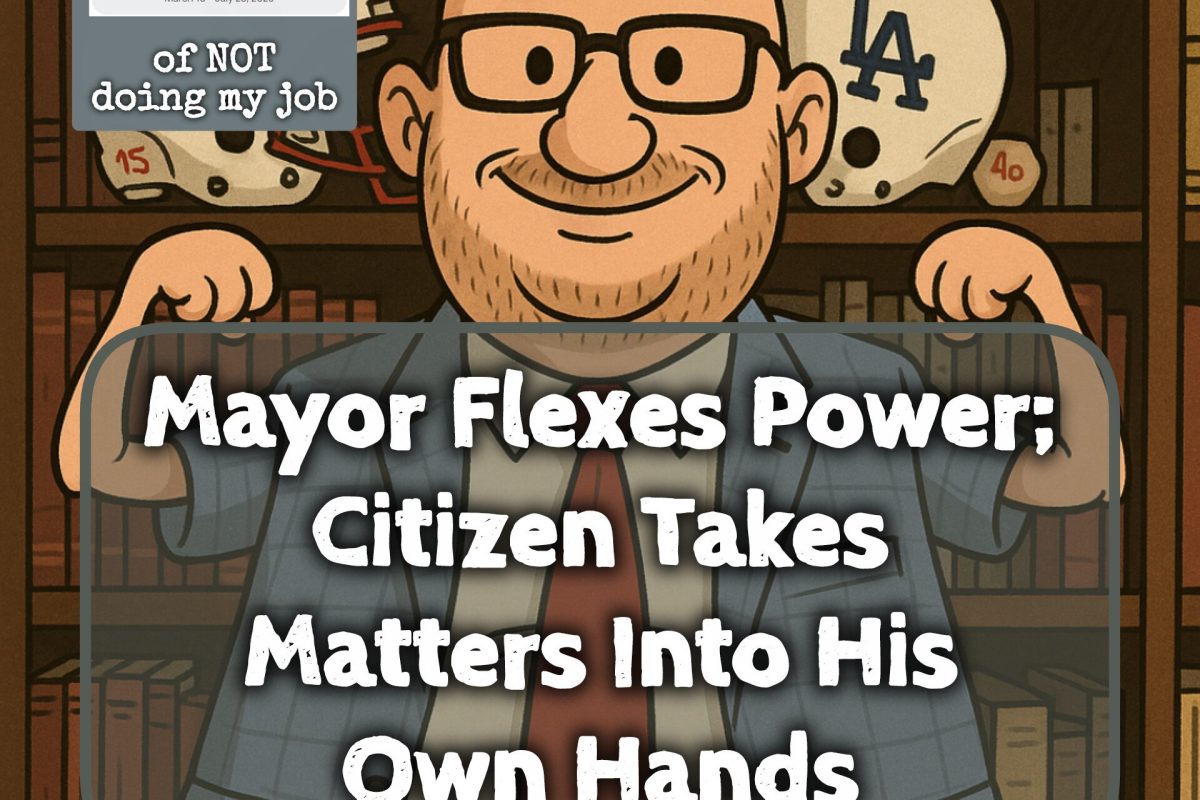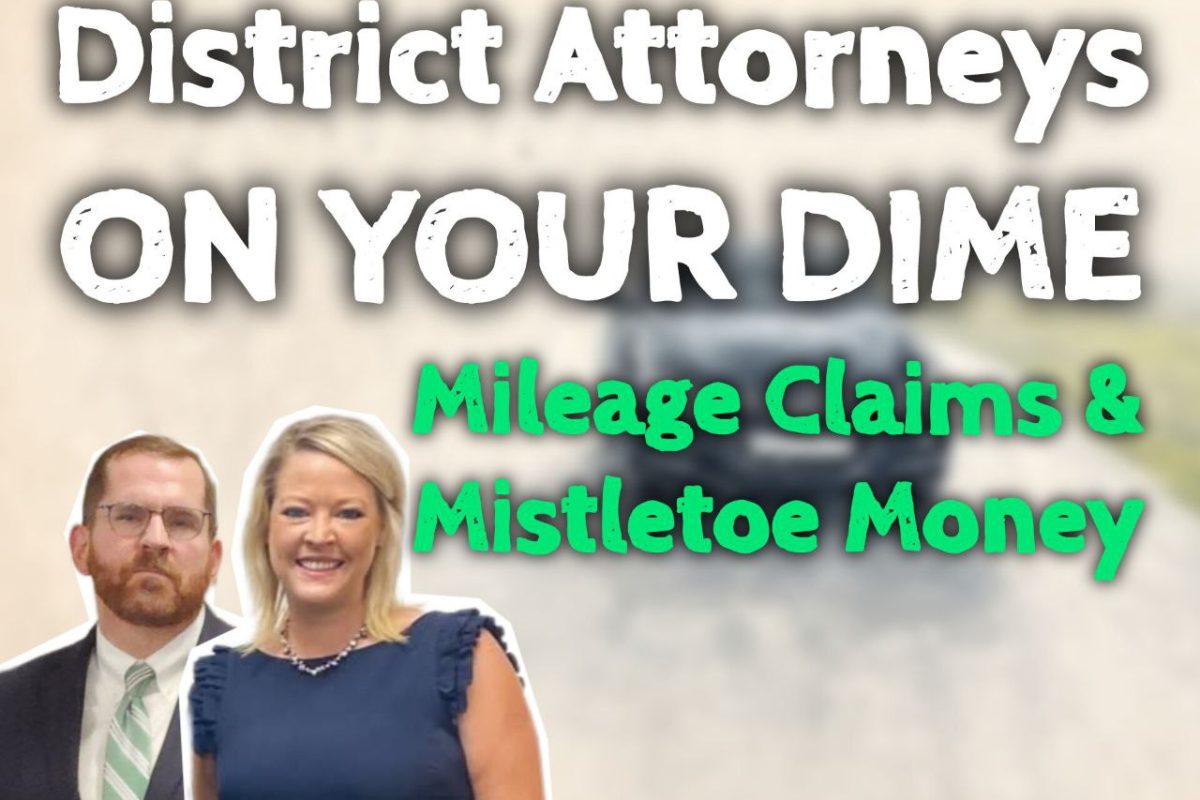Social Media Edition
Since the creation of the internet and more specifically streaming platforms like Youtube, individuals all over the globe have been given a platform. In America, this sparked a movement of citizens with video cameras to engage in an activity known as “First Amendment Audits”. These “Audits” do not involve droves of accountants nor hours of sifting through banking records.
Instead, these audits focus on holding police and other public officials accountable and informing and educating government workers about the protections granted by the First Amendment. The videos sometime reach millions of views and new channels are created every day dedicated to the activity.
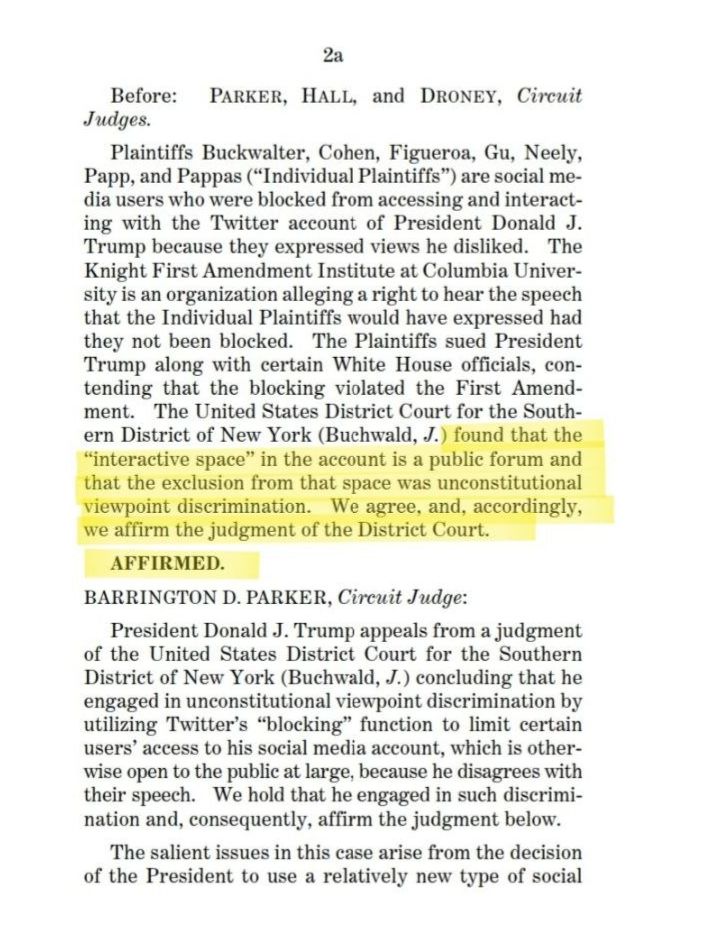
Maybe you have wanted to create a channel of you own, but have never gotten around to it. Maybe you’ve told yourself that you don’t have a face for video, or that you don’t want to spend thousands of dollars on equipment to have it broken by an irate official who doesn’t have the necessary education to know that what you’re doing is perfectly legal. Well now, you can participate in your very own new form of First Amendment Audit from the comfort of your own home!
You may have heard that Government Officials can’t censor you on social media. This is mostly true, but the waters are virtually uncharted and the rules that have been established are novel and limited in their scope. I’ve put together this guide to help you on your path to holding public officials accountable! Always remember to be respectful and operate within the bounds of the law. Please note, I am not an attorney and this is not legal advice, but simply my opinion based on years of experience. A glossary of terms is provided at the end in case you’re a n00b.
1. What kinds of pages qualify as a “Public Official”
This is a tough question. Anyone can create a social media page and name it whatever they like, while one would think that public officials themselves are allowed to have private Facebook pages. The most popular case of a private page being used in an official capacity involves a previous President of the United States, Donald Trump. He had blocked a handful of “trolls” from his private page while he was sitting President. President Trump was famous for his twitter rants on public policy and often used it as a means to communicate with the public in his official capacity as President. Therefore, the court sided in favor of the plaintiffs and President Trump was forced to “unblock” them. Once Donald Trump left office, the ruling was mooted because he was no longer a public official.
This ruling creates a very strong precedence we can use to determined if a court is likely to rule that a page qualifies as a “public forum” and therefore is protected under the First Amendment. Generally, a private page, a business page, or even a re-election page will be deemed somewhat private, allowing for censorship. It’s when these pages are used in the official capacity of the office or official to communicate with the public matters associated with their position or duties that they may cross the line.
Let’s say your local Mayor has an official “Mayor of Your Town” Facebook/Twitter/Instagram page. It’s likely that the page will be identified as the official page, and link to the “.gov” website for the town. Be weary of fakes and look for a “verified badge” when available. Now all towns are big enough to have a verified badge, so take time to investigate the profile that you’re viewing to ensure that you’re not being duped. This page is certainly considered a public forum. If you’re blocked or banned from these pages, or have your comments deleted, you almost certainly can make a can for unlawful censorship. Make sure you can prove that you document everything. This means screen recording your comments BEFORE you are blocked. If you are blocked, you will not be able to see the page, so you may need to have a friend send you a link and screen record it rejecting you.
Now what if that same Mayor has a private social media page. For our argument let’s propose the page is clearly identified with the disclaimer “this is my personal page”. This page is granted much stronger protections by the First Amendment in favor of the public official. He can use this page to block, delete, hide, and censor to their heart’s content–most of the time. The line between public and private blurs when this page is used to discuss government business specific to the officials role in public office. A shared post from originating on their Official Page but moderated on the private page is unlikely to be a protected forum, but a “public announcement” about the town budget or a local emergency would likely cross the line. How many of the posts before an entire page is considered a public forum? One? Five? Fifty? No one knows. Pages set to private could also have additional protections. Either way, the ruling in the Trump case set a clear precedence that there is a threshold where a private account will defacto become a protected public forum.
2. What kind of content moderation is allowed on Official Government Pages?
This again has not official been ruled on by the courts. Some people would argue that due to the “time, place and manner” restrictions that are allowed to be placed on speech, guidelines could be set on social media pages ran by public officials that fall within those categories. Some pages have taken this to mean that they can set guidelines similar to public meetings. Guidelines that include “staying on topic”, not using profanity, not advertising, and more. For the purpose of this guide, I will be operating under a different opinion, one that I believe is more likely based on the opinions of the court and the workings of social media. We will operate under the basis that the interactive features of these social media pages are “traditional” public forums similar to a public sidewalk outside on the town square.
We feel this is the case because these features are not like a public meeting where time is limited and individuals have no control over who they can hear and who they cannot. These features remain active for years so time is not a factor, citizens can block other citizens with whom they do not wish to interact, and the agency is out no money to operate these forums, store the data, or even moderate the forum. It would not make sense that a court would find justification to allow restrictions that could not serve a legitimate purpose.
Pages are, however, allowed to do some things which will close off these forums. Just as they are under no obligation to moderate these forums, they are also under no obligation to open these forums. To my knowledge there is not a clause in any State Constitution that requires the government to have a social media page. Since this is the case, there is also no requirement for them to let anyone comment on the posts they make. Just like the White House YouTube page has turned off comments because of the overwhelming amount of negative comments, your local Agency or Official can do the same. Turning the comments off AFTER a slew of negative comments is also likely allowed, as they can open and close the forums at any time.
Advertisements, spam, nudity, vulgarity, and others are issues that have not been decided by the court as it relates to content moderation. Social media platforms often times have algorithms and guidelines against some of these things, and agencies are well within their bounds to report your comment to the platform. If the platform removes your post/comment, then there is nothing you can do. It’s unlikely you’ll going to be able to sue Facebook because they removed your post where you called Lori Lightfoot a “Beetlejuice-looking c*nt”.
These matters are more tricky when it comes to the government official censoring your speech. Under the idea that the comment section is a traditional public forum, they are unlikely to legally be able to prevent you advertising, cursing, or even “spamming” with links unrelated to the topic at hand. The court could set new precedence since no “real-world” analogy perfectly summarizes the forum which is social media, so for the purposes of this guide we are going to advise against using these methods when attempting your own social media audit. However, if you’re a business owner who is dealing with censorship regarding advertisements, it may be worth contacting an attorney with experience in these matters.
3. How do I document the censorship?
It’s one thing to get censored, it’s another thing to have enough proof you were censored to be able to bring the case to court. I recommend screen recording (in video format) proof you have made your post on government pages. Most officials don’t moderate their pages and wont censor you, but it’s better to have the proof and not need it, than to need it and not have it. You can take screenshots, but screenshots wont show which posts you were commenting on and can create reasonable doubt.
Sometimes the censorship is not as blatant as deleting comments. Sometimes you are blocked entirely from the page, in which case you may not even be able to find the page when you search for it. You may receive an error message when you attempt to access the page via direct link, or you may get a page telling you that you are blocked, but other than searching for the page directly, you are unlikely to know you have ever been blocked. This is unlawful because it prevents you from participating in the public forums. Granted, there may be reasons a court would rule justify a ban, but it’s almost certain they would require Due Process before any such ban could be applied. This due process would need to be laid out explicitly and would also need to be Constitutional in nature. Arbitrary bans or bans given because you asked tough respectful questions would almost certainly not be allowed.
The most complicated form of censorship to prove is when they “hide” your comments or replies. The “hide” feature, as is described here, allows a page moderator to hide your interaction from anyone who is not your friend. This is difficult to prove because just about anyone you could call and ask them to look for your comment is going to be your friend on social media. However, strangers, or people that you had never interacted with will have no knowledge that your comment is there. Pages will often use this technique as a way to censor people without alerting them, and can only be proven by accessing the thread via an unconnected profile. It’s unlikely a court would deem the government or its agents would be able to hide viewpoints they disagree with any more than they can delete viewpoints they disagree with.
4. Filing Suit.
This is perhaps the most complicated process. You may hear of an organization from time to time that is willing to help, but the fact of the matter is the process is expensive and almost always costs more than you are able to recoup. Filing fees alone for Middle Tennessee are over $400, and if you want your case to have any chance of succeeding you will likely need some help from an attorney, even if you file the suit Pro Se. You can always take another suit someone else has filed and alter it enough to suit your needs, but this can be risky without proper legal consultation. Unfortunately, most people don’t see the benefit in fighting over social media, but with its prevalence in today’s society, it’s arguably the most important place for free speech.
I will update this guide as new information and court rulings come along. Thank you for reading, and if you’ve enjoyed it please consider leaving a tip or purchasing something from our store.
Glossary of Terms:
Blocking – When someone uses a feature of a social media platform to limit all of your interactions with the site. Sometimes you will still be able to search for the page and when you click on it, you will be told you are blocked–for instance on twitter.
Banning – When you are banned from a page, at least on Facebook, you can still search for the page and view it if you try, but you will not be able to do anything other than “share” the post. Comments and reactions will be disabled for you, but not for other people.
Restrictions – Similar to banning, the page admin or owner has limited the actions you are able to take. For the sake of a 1st Amendment Audit, the official or page would be prohibited in most cases from restricting one persons access and not everyone else’s.
Hiding – When your comment is allowed to remain on a profile, but is hidden from anyone who is not on your friends list. This practice is difficult to prove and usually requires a totally separate account that does not have any connection to the original poster. This is a form of censorship used to make you think your comment is still there, while keeping it from anyone who doesn’t already know you.
Deleting Comments – This doesn’t really need any explaining, but make sure that you have selected “All Comments” and that the platform is not filtering out comments based on relevance. It is also important to note that on some platforms comments left on videos do not appear until the moment in the video that they were left. Just because you spent 2 seconds glancing and think your comment is gone, make sure you take the extra time to verify. You don’t want to look stupid in public, or in court.


